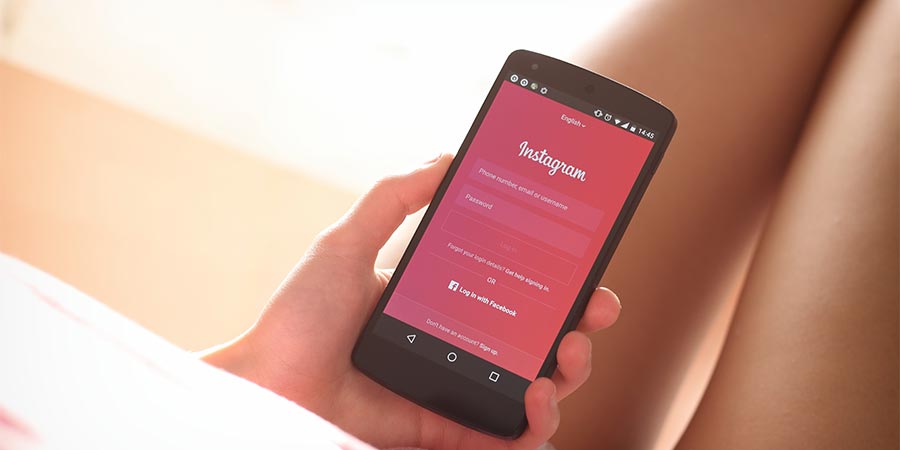Table of Contents
In today’s digital age, it’s easy to become consumed by technology and social media. With smartphones, tablets, and laptops constantly at our fingertips, it can be difficult to disconnect and take a break from the digital world.
Research shows that excessive screen time and social media use can have negative effects on mental health and well-being, including increased stress, anxiety, and depression. If you’re looking to reduce your screen time and social media use, here are five practical tips to help you get started.
Set Boundaries
Setting boundaries means deciding on specific times of the day when you will check your phone or use social media, and sticking to those times. For example, you might decide to check your phone in the morning and evening, and avoid using it during work hours or mealtimes.
Setting boundaries can also mean turning off notifications or setting your phone to Do Not Disturb during certain times of the day. This can help you stay focused and present, and avoid the constant distractions that come with technology.
Find Alternative Activities
If you’re used to spending a lot of time on your phone or social media, it can be helpful to find alternative activities to replace that time. This might include reading a book, going for a walk, or spending time with friends and family.
Finding alternative activities can also help you develop new hobbies and interests, and expand your horizons beyond the digital world. By investing time and energy into activities that bring you joy and fulfillment, you may be less likely to turn to your phone or social media for entertainment and distraction.
Use Apps to Track Usage
There are several apps available that can help you track your screen time and social media usage. These apps can be helpful for becoming more aware of how much time you’re spending on your phone or social media, and for setting goals to reduce that time.
For example, the Moment app tracks your screen time and sends you notifications when you’ve reached your daily limit. The Forest app rewards you for staying off your phone by growing a virtual tree, and the Flora app encourages you to stay focused by growing a digital garden with friends.
By using these types of apps, you can gain insight into your digital habits and make more mindful choices about how you spend your time.
Create a Tech-Free Zone
Another practical tip for reducing screen time and social media use is to create a tech-free zone in your home. This might mean designating specific areas, such as the bedroom or dining room, as tech-free zones.
Creating a tech-free zone can help you disconnect from technology and create a more mindful environment. It can also help you build stronger relationships with the people around you, by encouraging face-to-face communication and interaction.
Prioritize Self-Care
Finally, it’s important to prioritize self-care when reducing screen time and social media use. This means focusing on activities that help you relax and recharge, such as meditation, exercise, or spending time in nature.
When you prioritize self-care, you’re more likely to feel rested and rejuvenated, and less likely to turn to your phone or social media for distraction. Self-care can also help you build resilience and coping skills, which can be beneficial in all areas of life.
It is not about completely eliminating technology or social media from your life, but rather finding a balance that works for you.

